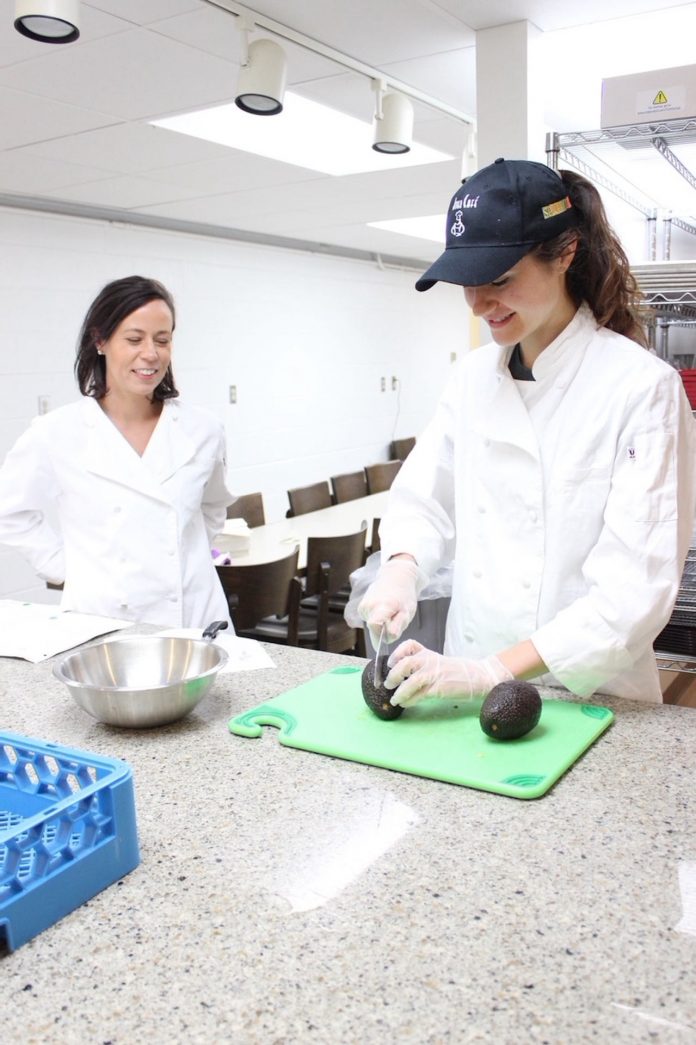Eating avocado as part of your daily diet can help improve your gut health, a new study shows.
Avocados help you feel full and reduces blood cholesterol concentration, therefore it is good for heart health.
Diets including avocado help diabetics control their blood sugar and because it is a good source of healthy (mono-unsaturated) fat, it helps in weight control.
Now a trial has shown that avocados are also good for your gut.
Researchers at the University of Illinois, USA provided volunteers with one meal per day as a replacement for either breakfast, lunch, or dinner. One group consumed an avocado with each meal, while the control group consumed a similar meal but without the avocado.
The participants provided blood, urine, and faecal samples throughout the 12-week study. They also reported how much of the meals they consumed, and every four weeks recorded everything they ate.
The purpose of this study was to explore the effects of avocado consumption on the gastrointestinal microbiota, said Hannah Holscher, assistant professor of nutrition in the Department of Food Science and Human Nutrition.
“Our goal was to test the hypothesis that the fats and the fibre in avocados positively affect the gut micro-biota. We also wanted to explore the relationships between gut microbes and health outcomes,” she said.
The researchers found that people who ate avocado every day as part of a meal had a greater abundance of gut microbes that break down fibre and produce metabolites that support gut health. They also had greater microbial diversity compared to people who did not receive the avocado meals in the study.
These changes correlate with beneficial health outcomes.
Avocados are rich in fat; however, the researchers found that while the avocado group consumed slightly more calories than the control group, slightly more fat was excreted in their stool.
“Greater fat excretion means the research participants were absorbing less energy from the foods that they were eating. This was likely because of reductions in bile acids, which are molecules our digestion system secretes that allow us to absorb fat.
“We found that the amount of bile acids in stool was lower and the amount of fat in the stool was higher in the avocado group,” she said.
Soluble fibre content is also very important. A medium avocado provides around 12g of fibre, which goes a long way toward meeting the recommended amount of 28 to 34g of fibre per day.
“Most people consume around 12 to 16g of fibre per day. Thus, incorporating avocados in your diet can help get you closer to meeting the fibre recommendation,” she said.
Eating fibre isn’t just good for us; it’s important for the microbiome, too.
“We can’t break down dietary fibres, but certain gut microbes can. When we consume dietary fibre, it’s a win-win for gut microbes and for us.
“Avocado is a really nicely packaged fruit that contains nutrients that are important for health. Our work shows we can add benefits to gut health to that list,” Professor Holscher said.
The study was published in the Journal of Nutrition earlier this year.



































